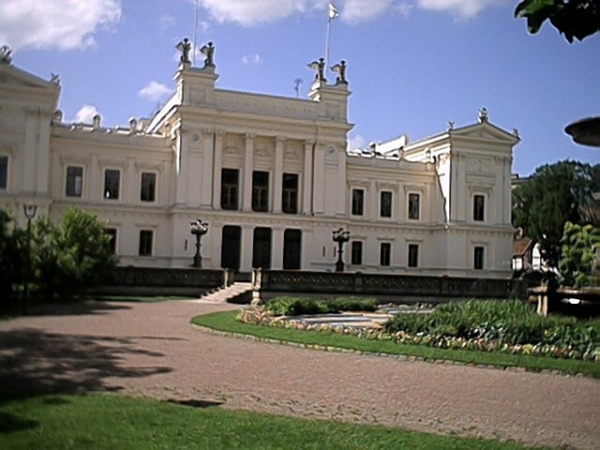https://www.lunduniversity.lu.se
Description
Founded in 1666, Lund University is a public research university in Sweden that consistently ranks among the world’s top universities. Located in the city of Lund, in southern Sweden (close to Denmark and Germany), the university also has campuses in Malmö and Helsingborg. Home to over 41,000 students, 3,000 of them postgraduate, and more than 7,000 staff, it is considered to be one of the biggest Nordic educational and research institutions. It also boasts one of Scandinavia’s most extensive educational programmes, with over 300 degree programmes and 2,000 courses. Its areas of teaching and research expertise include economics, arts and humanities, theology, law, music and theatre, medicine, science and social sciences. Lund University’s Library, founded in 1666 at the same time as the university, is one of the country’s oldest and largest buildings. The city itself dates back to 990, offering 1,000 years of history in its cobble-stone streets, alongside the more modern day attractions of shopping, restaurants and music venues. With over 600 partner universities in more than 70 countries, Lund belongs to the League of European Research Universities, and Universitas 21, a global network of research universities. It’s also home to two important scientific facilities: the MAX IV – an electron accelerator laboratory for research into radiation, nuclear physics and accelerator physics – and the European Spallation Source (ESS), for materials research. The city of Lund has the youngest population of any in Sweden and its atmosphere is described as ‘youthful and laid back.’ The university has dark blue and bronze as its colours, and a motto, Ad utrumque, which translates as ‘Prepared for both the book and the sword’. It lays claim to many innovations and new discoveries, including facial recognition technology, the wireless technology Bluetooth (named after a Viking chief) and Nicorette, the world’s first nicotine medicine developed to help smokers quit their habit.
Specific details
Location
Box 117, 221 00 Lund, Sweden





